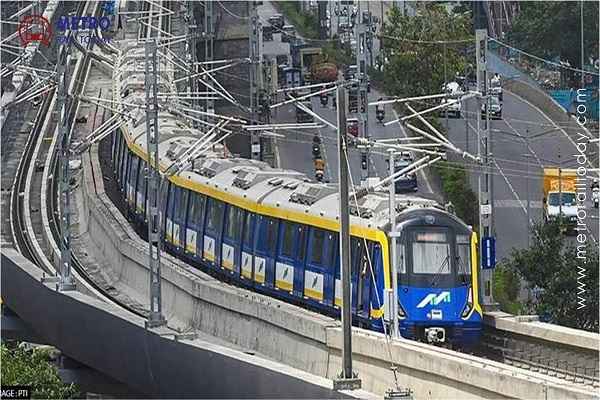The research, which analyzed passenger travel patterns, emissions, and modal shifts, points to Metro 8’s positive impact on daily commutes and environmental sustainability. Commissioned in 2023, Metro Line 8 connects key corridors between Mumbai and Navi Mumbai, significantly reducing travel time and helping mitigate the city’s chronic congestion. On certain stretches, the metro offers up to a 45-minute reduction in commute time compared to road transport — a difference that is reshaping how Mumbaikars plan their daily journeys.
Notably, the study found that car users who previously endured long hours in traffic now find the metro a more viable option thanks to better scheduling, cleaner stations, and the convenience of avoiding unpredictable traffic snarls. The line has also contributed to a marked reduction in CO₂ emissions — a win for both public health and the planet.
Speaking on the broader significance of the shift, Mrs. Mamta Shah, MD & CEO of Urban Infra Group, said, “This isn’t just about moving people; it’s about moving the mindset of an entire city. Metro Line 8 exemplifies how integrated, modern transit solutions can revolutionize urban life, cut down on pollution, and offer a better quality of life. Every car off the road is a step toward a more sustainable India.”
The findings support calls for accelerating metro expansion across other Indian cities. With urban populations surging and private vehicle ownership rising, such data-backed evidence strengthens the case for high-capacity public transport networks as a keystone of future-ready urban infrastructure. As Mumbai’s metro footprint continues to grow, Metro Line 8 stands as a shining example of how thoughtful planning and public investment can drive behavioral change and build smarter cities for tomorrow.



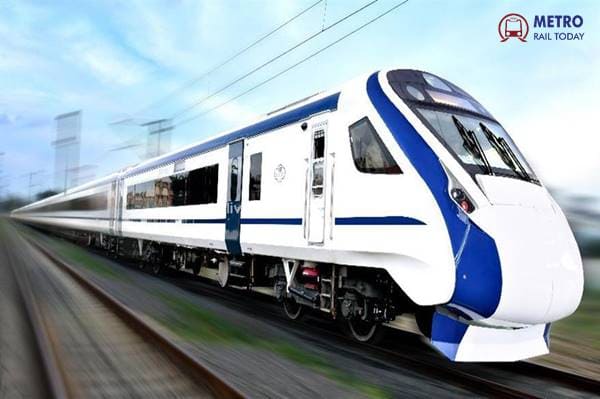 India to introduce 800 Vande Bharat Trains to redefine the future of Indian Railways by 2030
India to introduce 800 Vande Bharat Trains to redefine the future of Indian Railways by 2030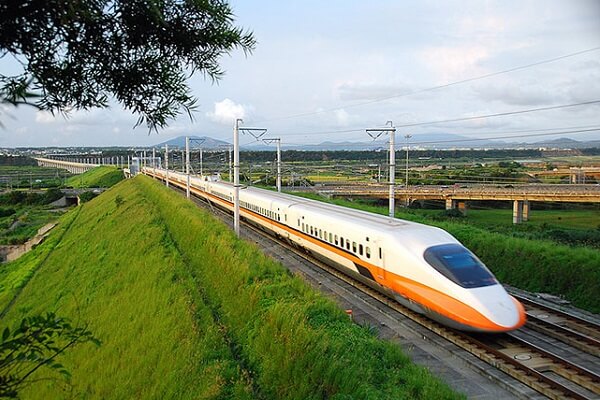 Indian Railways to develop 7,000 km of dedicated Passenger Corridors by 2047
Indian Railways to develop 7,000 km of dedicated Passenger Corridors by 2047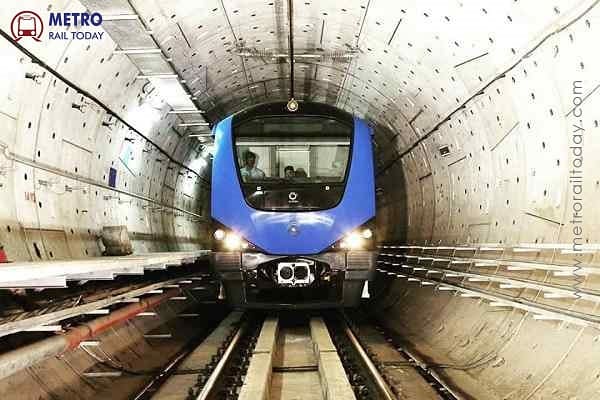 CMRL completes longest Twin Tunnel Breakthrough Drive for Chennai Metro Phase 2
CMRL completes longest Twin Tunnel Breakthrough Drive for Chennai Metro Phase 2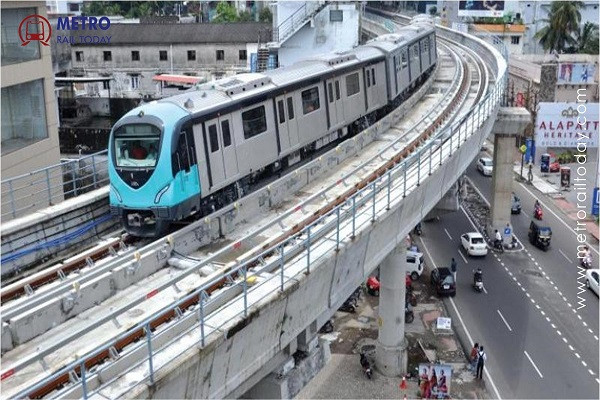 I-Metro calls for collaborative efforts to strengthen India’s Urban Rail Network
I-Metro calls for collaborative efforts to strengthen India’s Urban Rail Network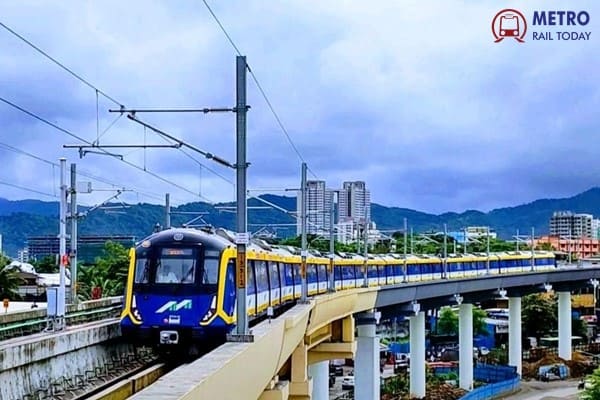 India Emerges as the World’s 3rd Largest Metro Rail Network
India Emerges as the World’s 3rd Largest Metro Rail Network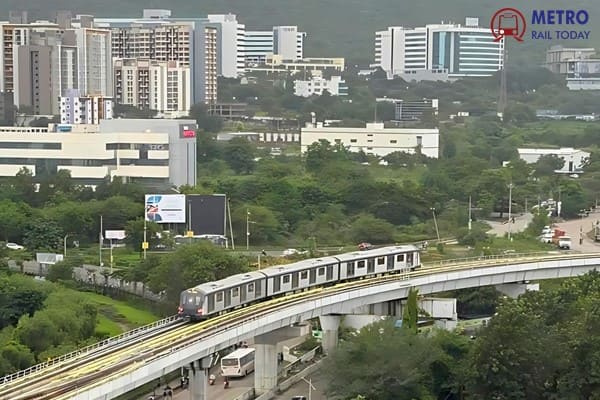 NBC Bearings and iMRail Ink Strategic Pact to power India's Next-Gen Mobility
NBC Bearings and iMRail Ink Strategic Pact to power India's Next-Gen Mobility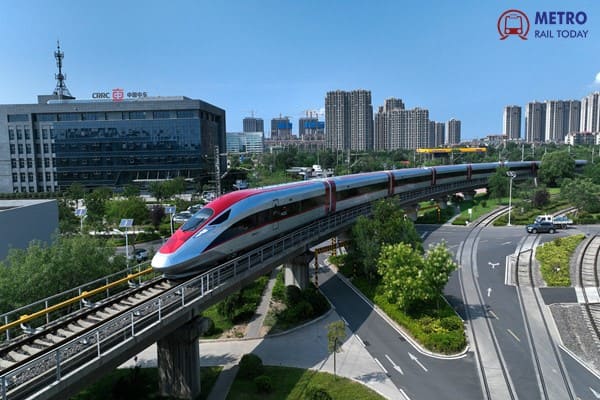 CRRC unveils the World’s First Driverless High-Speed Train capable of 200 km/h
CRRC unveils the World’s First Driverless High-Speed Train capable of 200 km/h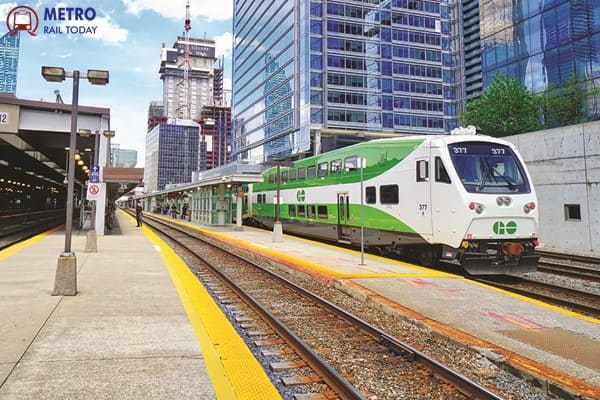 Lagos to begin construction of $3 Billion Green Line Urban Rail Project in December 2025
Lagos to begin construction of $3 Billion Green Line Urban Rail Project in December 2025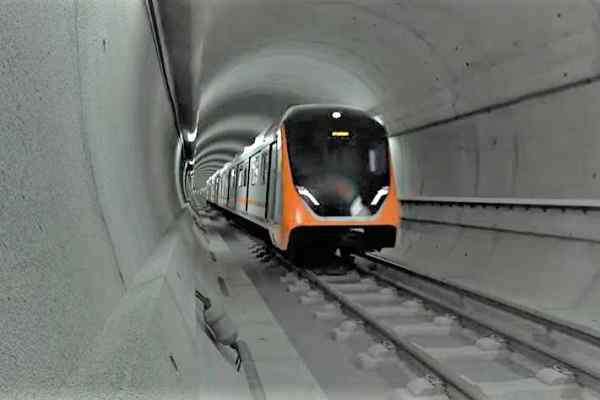 TBM Vidyarthi achieves Final Breakthrough at Kanpur Central for Kanpur Metro Orange Line
TBM Vidyarthi achieves Final Breakthrough at Kanpur Central for Kanpur Metro Orange Line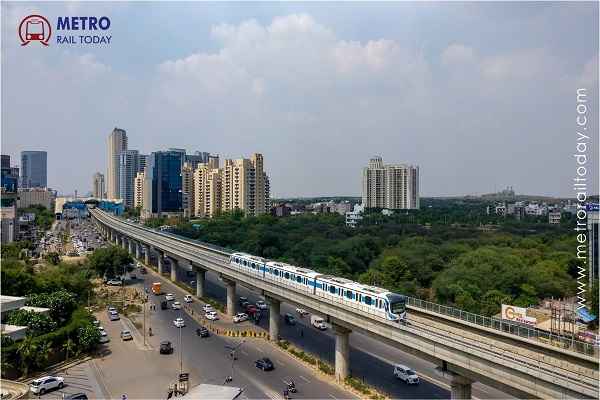 Haryana approves Spur Line connecting Gurugram Metro from Sector 5 with Railway Station
Haryana approves Spur Line connecting Gurugram Metro from Sector 5 with Railway Station